In 2025, sustainability is no longer a choice for businesses; it’s a matter of survival. It used to be seen as a noble goal or a way to build a brand. Businesses are changing because of changes in regulations, investor expectations, and consumer demands. One thing is clear: green practices are now essential for profitability and long-term relevance.
1. The ESG Revolution Has Grown Up
No longer just buzzwords to make stakeholders happy, Environmental, Social, and Governance (ESG) metrics are now real. They are now a common way to judge how well a business is doing. Today, more than $50 trillion in assets are managed by global investment firms, and ESG compliance is a major factor in their decisions. Companies with good ESG scores are worth more, have less risk, and can get better capital.
In 2025, BlackRock, the world’s largest asset manager, said that more than 80% of the companies in its portfolio must meet carbon-neutral standards by 2030 or they will be dropped.
2. Green Laws Are Getting Stronger
Governments all over the world are making things harder. The EU’s Corporate Sustainability Reporting Directive (CSRD) now says that businesses must report on climate-related risks and emissions all along their supply chains. The SEC in the U.S. requires public companies to report their Scope 3 emissions, which means that businesses must also hold their suppliers responsible.
Companies that don’t follow the rules are being fined, punished, and even sued. Companies have had to make sustainability a core part of their operations, not just their CSR reports.
3. People are voting with their money.
Millennials and Gen Z, in particular, don’t just like sustainable brands; they want them. Research shows that 73% of people around the world are willing to pay more for products that are good for the environment. Eco-friendly branding is affecting every purchase decision, from biodegradable packaging to shipping that doesn’t add to the carbon footprint.
Patagonia, IKEA, and Unilever are examples of companies that have built loyal customer bases by putting sustainability first. Now, big companies that sell fast-moving consumer goods (FMCG) and luxury brands are doing the same thing.
4. Green technology is driving new ideas.
Sustainability has led to a lot of new ideas. In 2025, green tech is one of the fastest-growing industries. This includes companies that capture carbon and use blockchain to track supply chains. AI is helping factories use less energy, and digital twins are helping real estate and construction use resources more efficiently.
Electric fleets, circular manufacturing models, and zero-waste facilities are not only good for the environment, but they are also saving money and making things more efficient.
5. Climate risk is now a risk to your money.
Insurance companies and banks now see climate vulnerability as a direct threat to business continuity. Climate change is hurting the bottom line, whether it’s floods that threaten warehouses or droughts that hurt agricultural supply chains. Businesses that don’t change are facing higher premiums, problems with their operations, and damage to their reputation.
Companies that build climate resilience into their plans are not only protecting themselves; they are also gaining an edge over their competitors.
⸻
Green is the New Gold, Final Thoughts
Sustainability is no longer just a box to check or a way to get good press; it’s now a key part of doing business. Companies that invest in green innovation, openness, and caring for the environment are not only making sure their businesses will still be around in 2025, but they are also beating the competition.
To get to a sustainable future, it’s not about being the greenest; it’s about being ready. And for today’s businesses, green isn’t just the right thing to do; it’s also necessary.
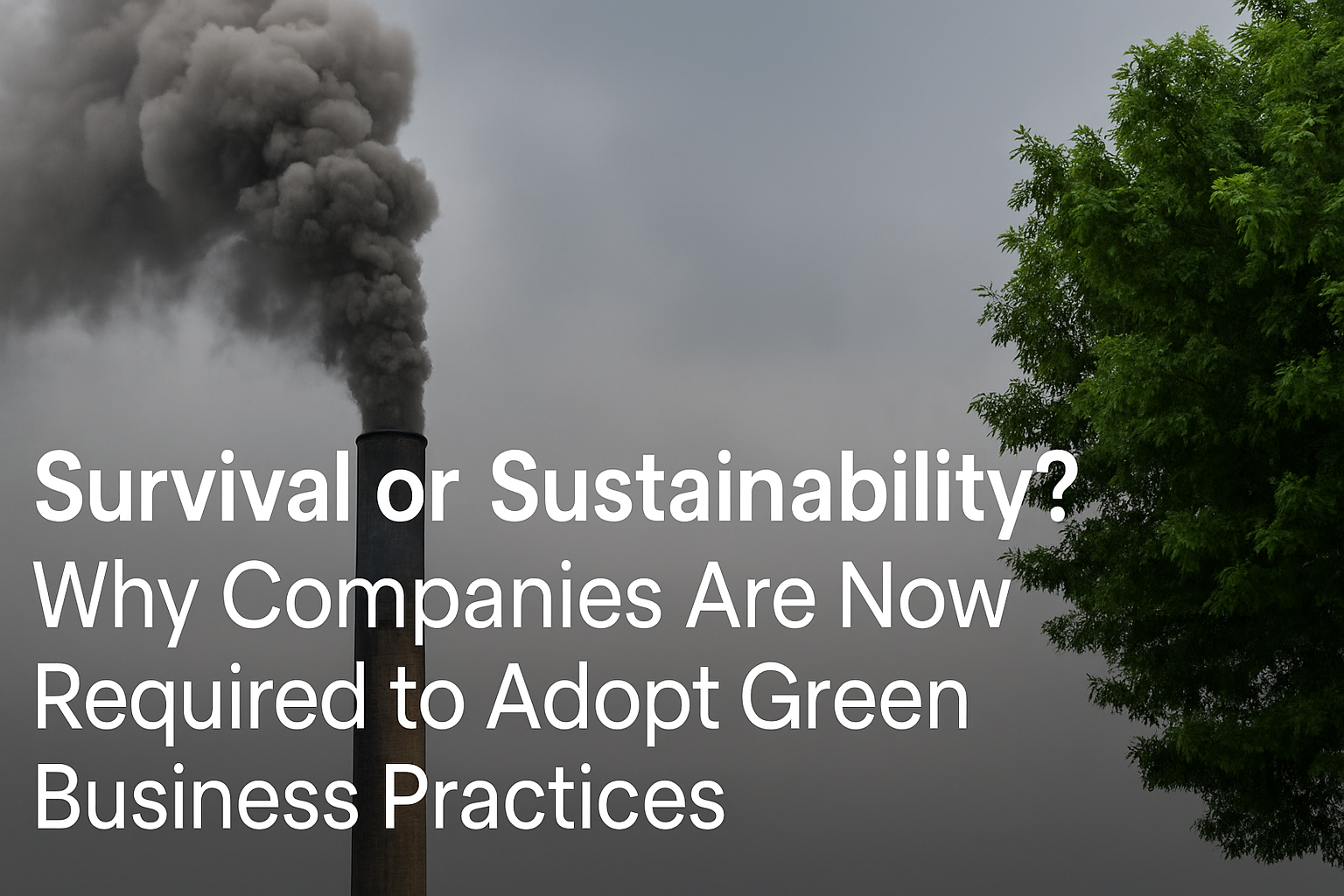
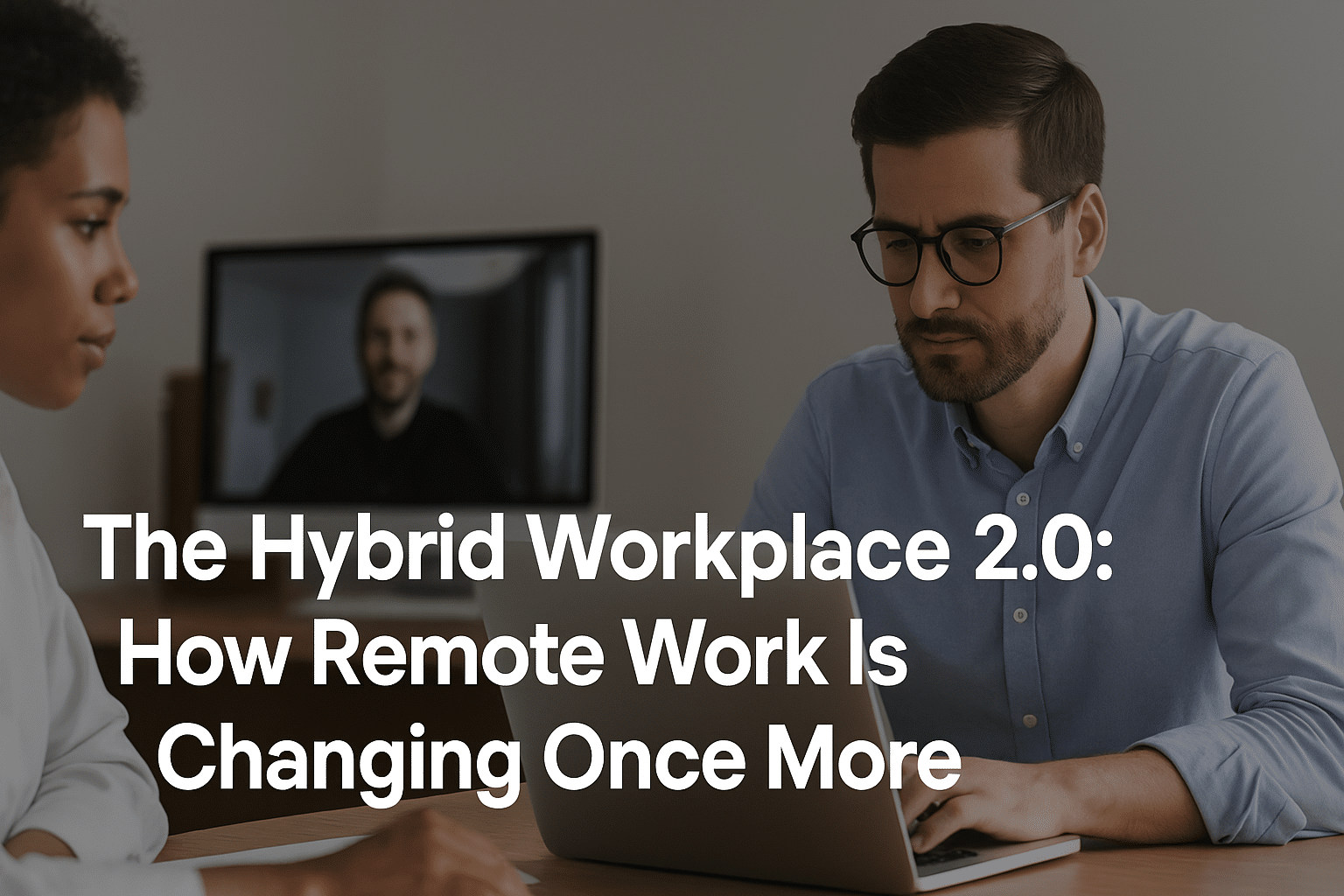
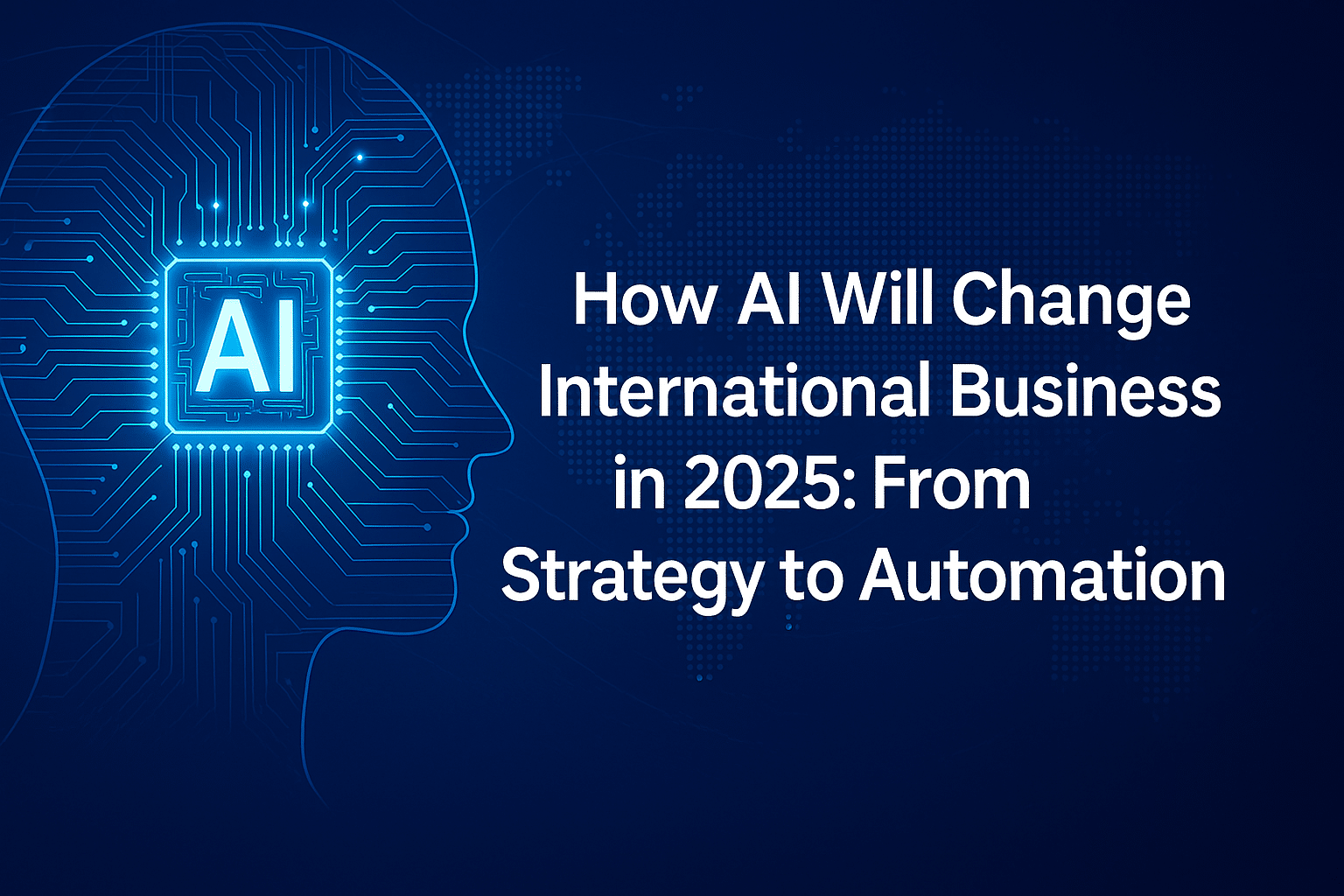
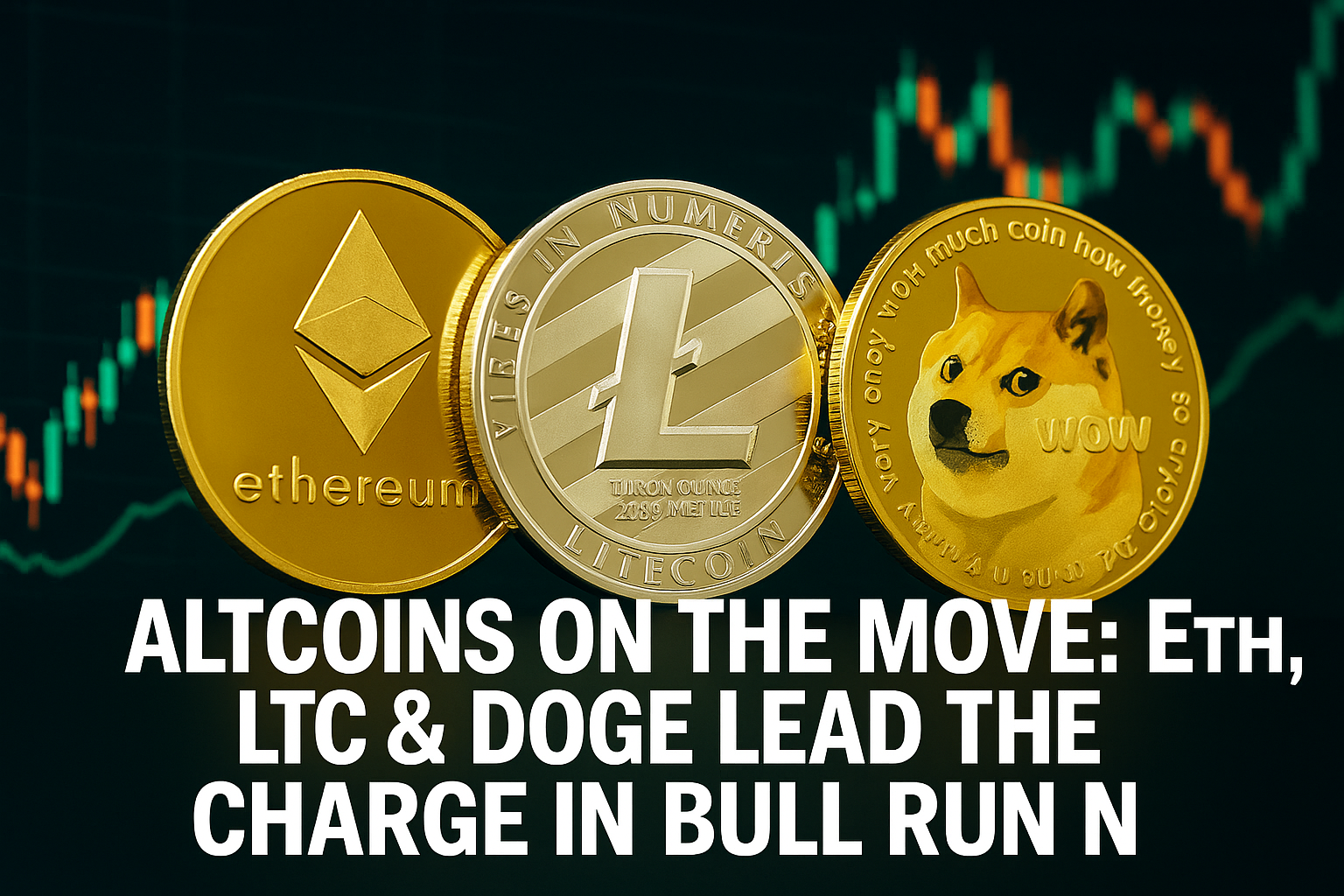

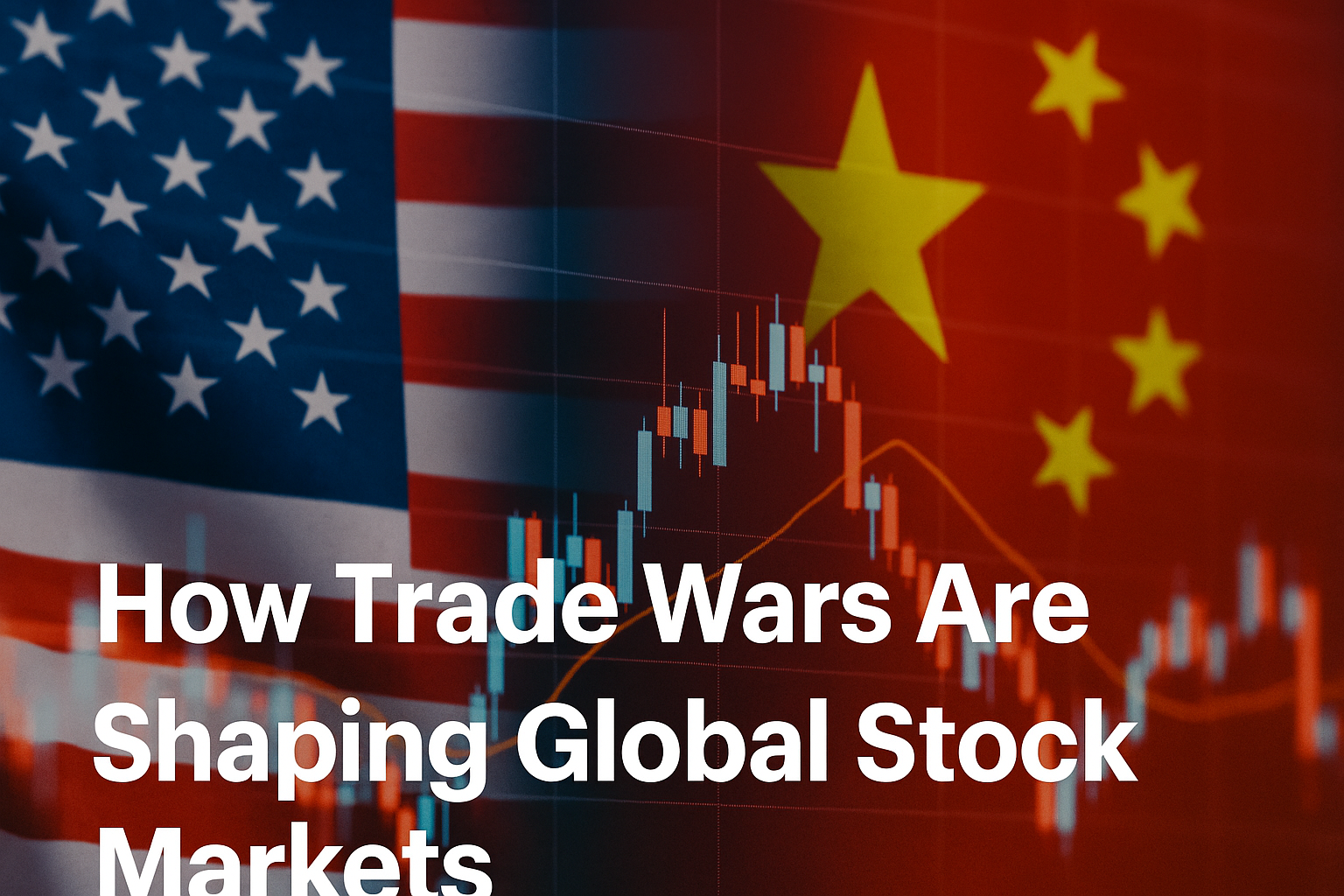
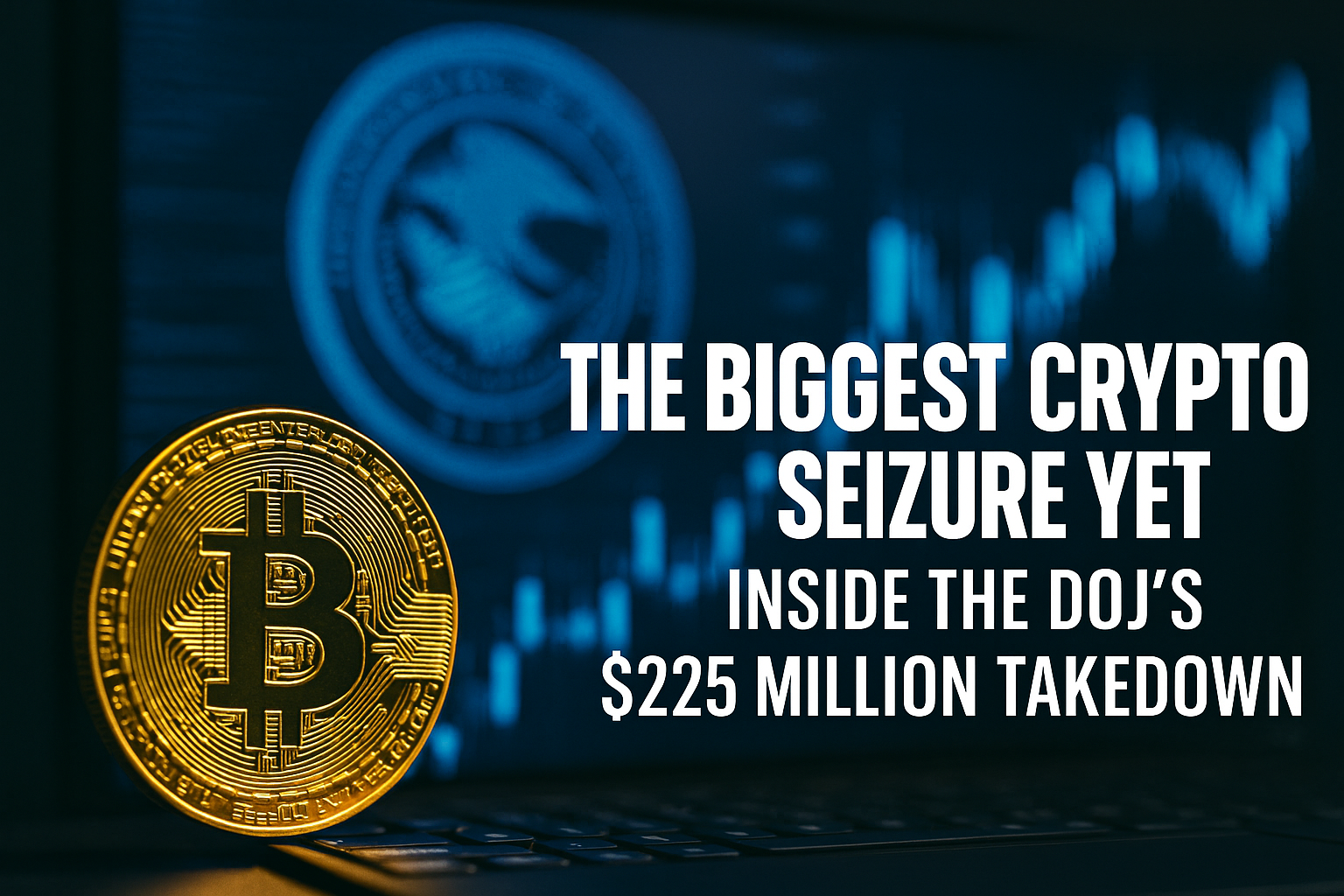
Leave a Reply